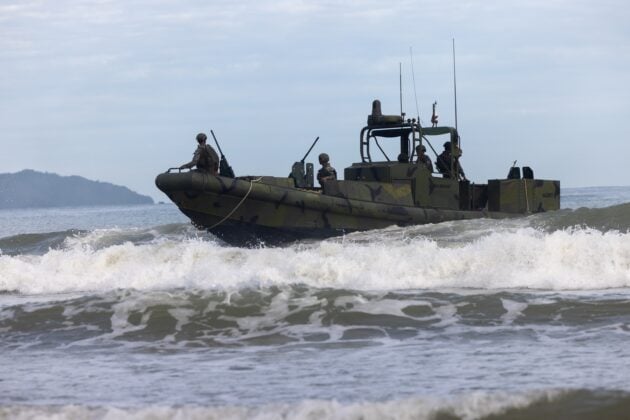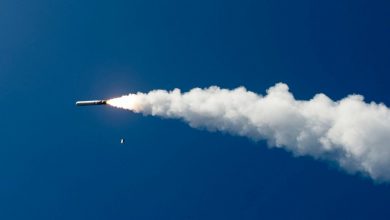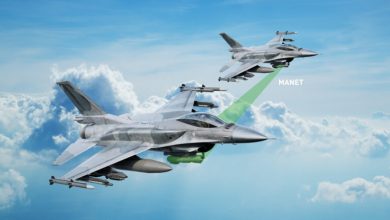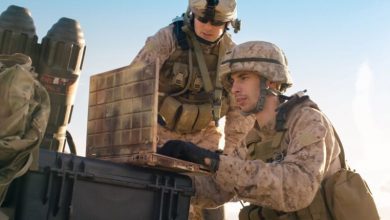Venezuela warns U.S. against military pressure

Venezuelan President Nicolás Maduro on Friday accused the United States of seeking a violent regime change in Venezuela and across Latin America, warning President Donald Trump to reject what he described as a misguided and destabilizing strategy.
In a televised address during an operational ceremony of Venezuela’s Bolivarian National Militia, Maduro said, “The United States of North America must abandon its plan for a violent regime change in Venezuela and throughout Latin America and the Caribbean, and respect the sovereignty, the right to peace, and the independence of our countries.”
Maduro’s remarks come in response to the ongoing U.S. military buildup in the Caribbean. The Trump administration has deployed eight missile-equipped naval vessels and a nuclear-powered submarine near Venezuela’s coastline, citing efforts to curb drug trafficking. The White House also ordered ten F-35 fighter jets to Puerto Rico, a move the Pentagon described as part of an expanded operation against regional narcotics networks.
Without naming specific individuals, Maduro accused U.S. officials of pushing for the overthrow of his government under the pretext of counternarcotics operations. “Some of your officials are pursuing a regime change in Venezuela,” he said, addressing Trump directly. “That is a mistake.”
In his speech, Maduro rejected accusations that Venezuela is a central player in international drug trafficking. “They are trying to create a false case, completely false, using the issue of drug trafficking to attack an entire country,” he said. “But Venezuela is free of coca leaf production, free of cocaine production, and is a country that fights drug trafficking.”
Maduro also took issue with U.S. intelligence reports that allegedly link his government to narcotics smuggling. “With all due respect, Mr. President Trump: here in Venezuela, we respect you, and Venezuela respects others to be respected,” Maduro said. “With the respect we have earned, we say to you: those intelligence reports being passed to you are not true.”
The U.S. government has previously accused Maduro of violating American narcotics laws and has placed a $15 million reward for information leading to his arrest on charges of narco-terrorism. Maduro has consistently denied the allegations and framed the U.S. accusations as politically motivated.
While acknowledging clear political differences with the U.S. administration, Maduro said these do not justify escalating toward open conflict. “None of the differences between President Trump and me should lead to a high-impact military conflict,” he said.
He reiterated that Venezuela remains open to diplomatic channels. “Venezuela has always been willing to talk and to engage in dialogue with the United States,” Maduro said. “But just as we are willing to talk and engage in dialogue, we demand respect for our country.”
The situation in the Caribbean has become increasingly tense in recent weeks. Although the Pentagon maintains that the deployment is aimed at criminal drug cartels, the proximity of U.S. forces to Venezuelan waters has sparked concern in Caracas, where officials warn that military pressure could trigger broader instability in the region.
With U.S. fighter jets now stationed in Puerto Rico and naval forces operating near Venezuelan maritime boundaries, Maduro’s government continues to frame the American presence as a threat to regional sovereignty, while urging Washington to reconsider what it sees as a confrontational path.





